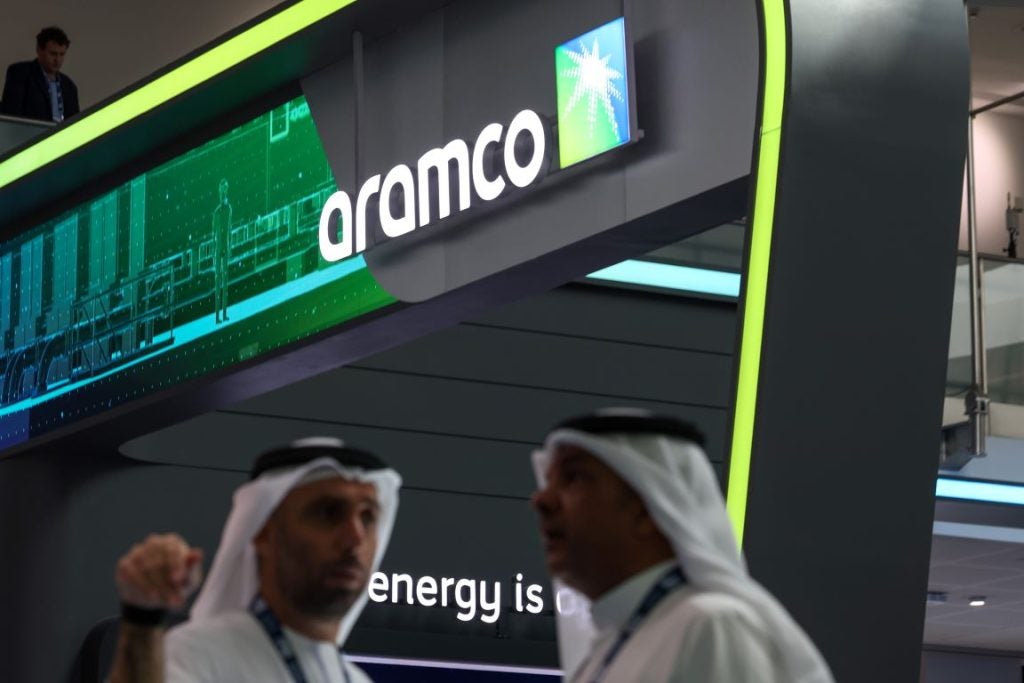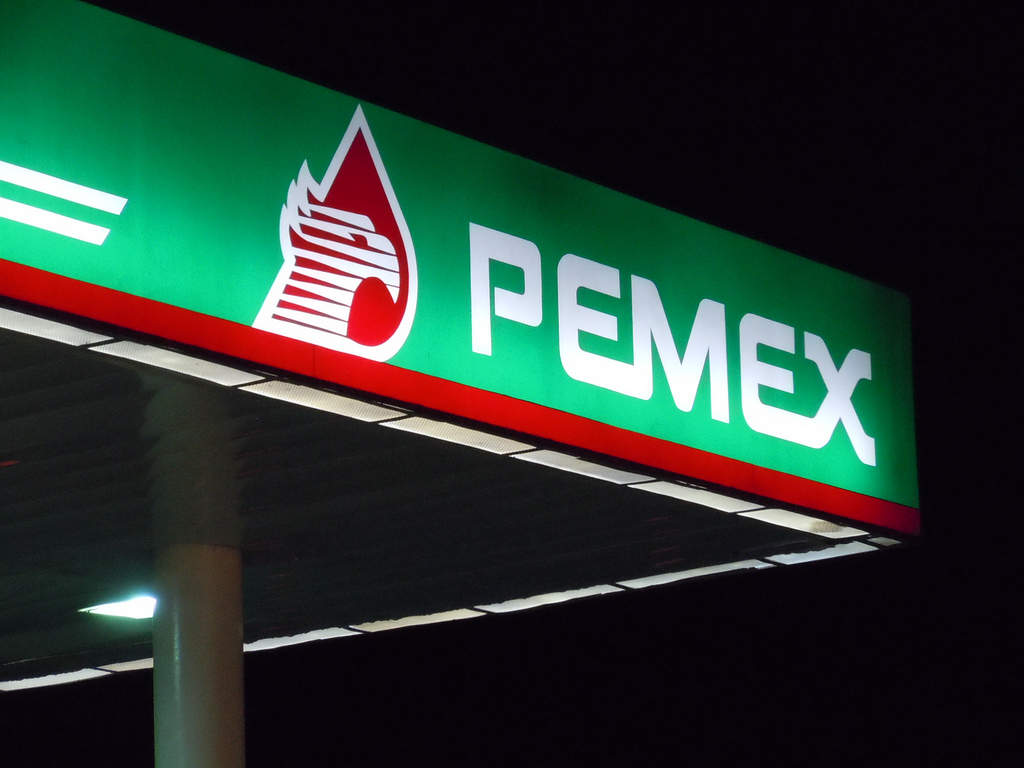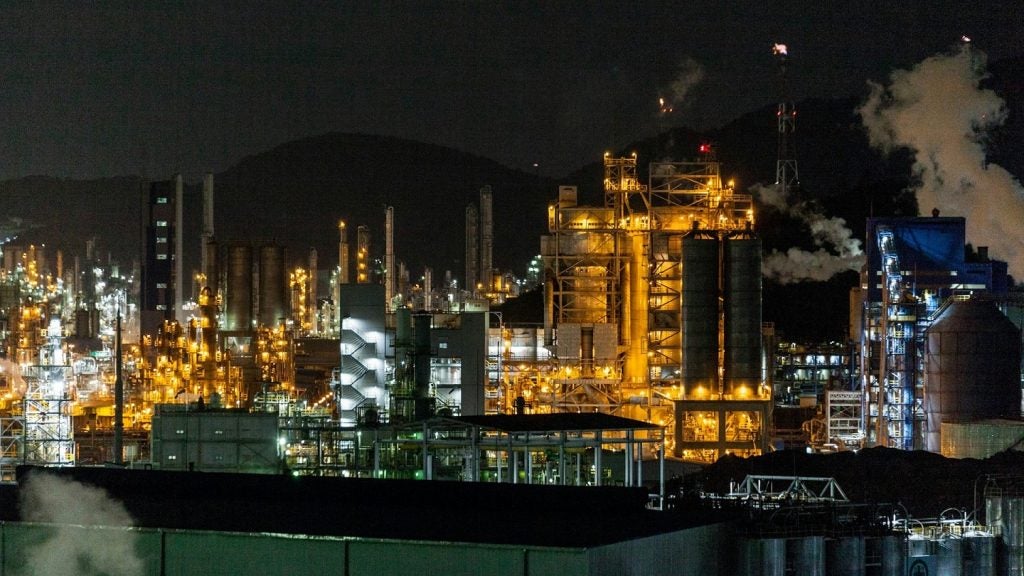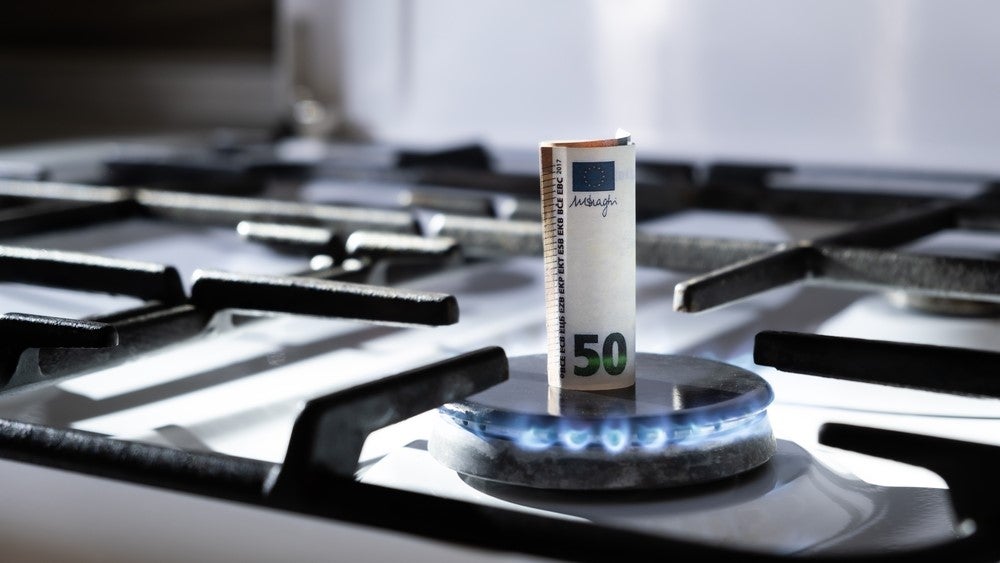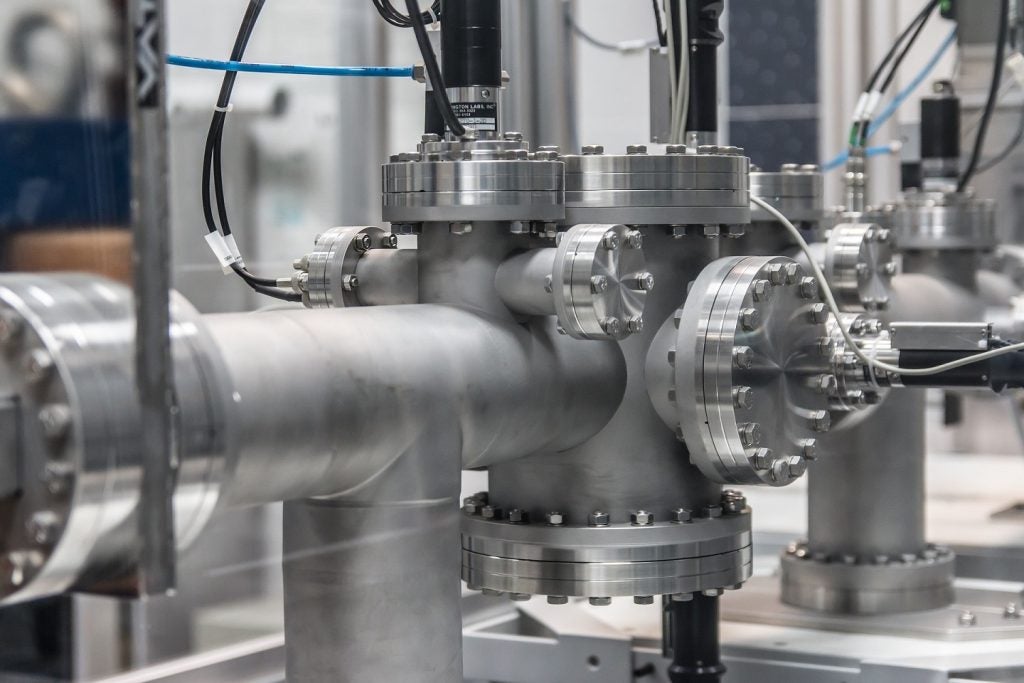Saudi Arabia's state-owned oil company Aramco has halted its expansion of output capacity due to the growing role of renewables in the energy transition, according to Energy Minister Prince Abdulaziz bin Salman.
In January 2024, the company announced its decision to halt its oil expansion plan and instead focus on achieving a maximum sustained oil production capacity of 12 million barrels per day (mbbl/d), as directed by the Saudi government.
On Monday 12 February, 2024, the Saudi energy minister confirmed that the decision was not taken hastily and resulted from a continuous review of market conditions.
At the International Petroleum Technology Conference (IPTC) in Dhahran, Prince Abdulaziz bin Salman said: “I think we postponed the investment simply because… we’re transitioning. And transitioning means that even our oil company, which used to be an oil company, became a hydrocarbon company. Now it’s becoming an energy company,” according to media reports.
Abdulaziz stated that the kingdom had a large amount of spare oil capacity available in the event of major disruptions to global oil supplies caused by conflict or natural disasters.
Aramco's CEO, Amin Nasser, told reporters at ITPC that the state-owned oil company was still prepared to increase its capacity if necessary. “We have adequate spare capacity of about 3 million barrels," Nasser said, as reported by Reuters.
According to the International Energy Agency (IEA), oil demand is expected to reach its maximum by the end of this decade. However, Nasser said he does not anticipate a peak in the upcoming years.
The IEA's most recent oil report said that global oil supply is expected to hit a new record of 103.5mbbl/d, with the US, Brazil, Guyana and Canada leading the production increase by 1.5mbbl/d.


